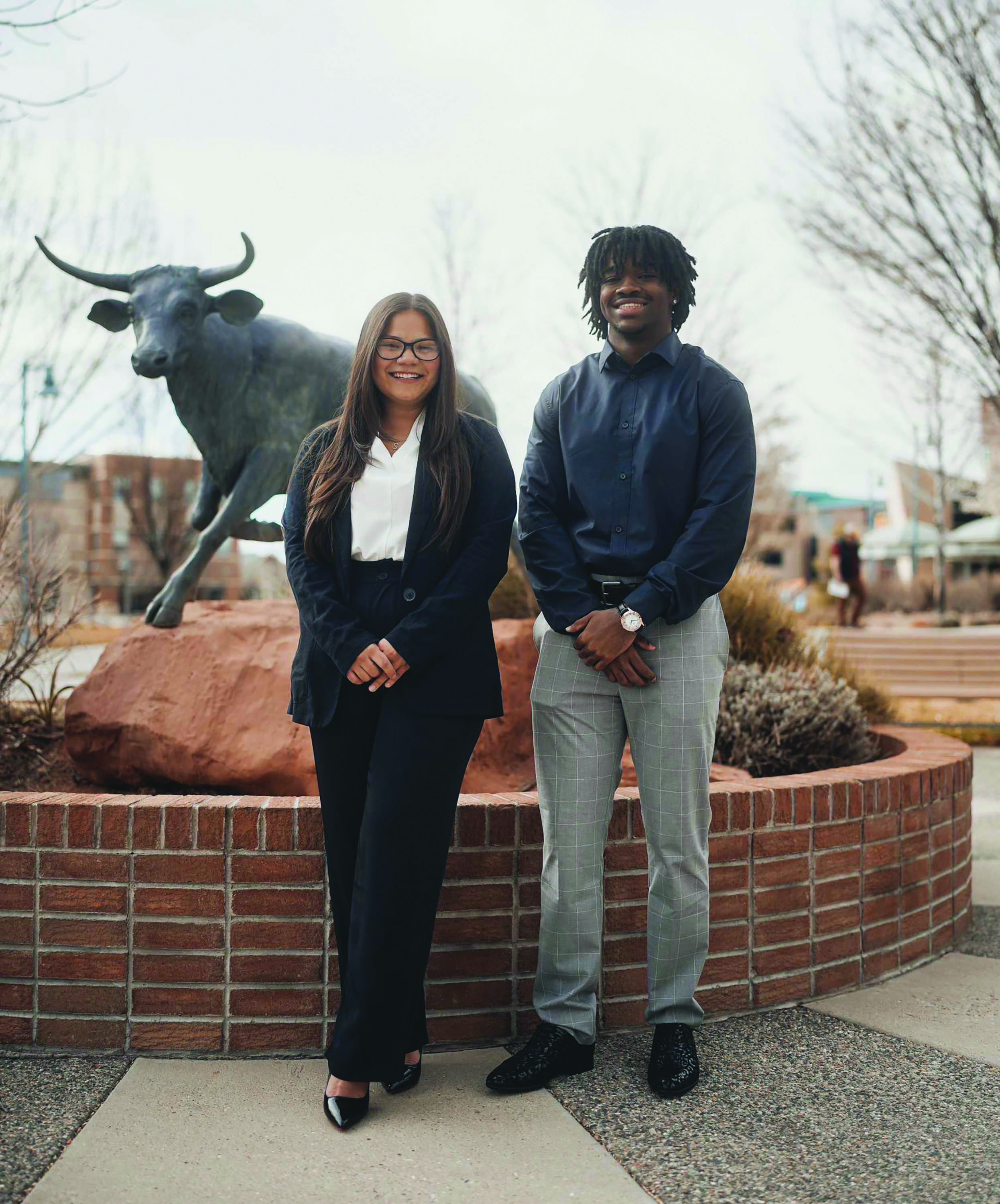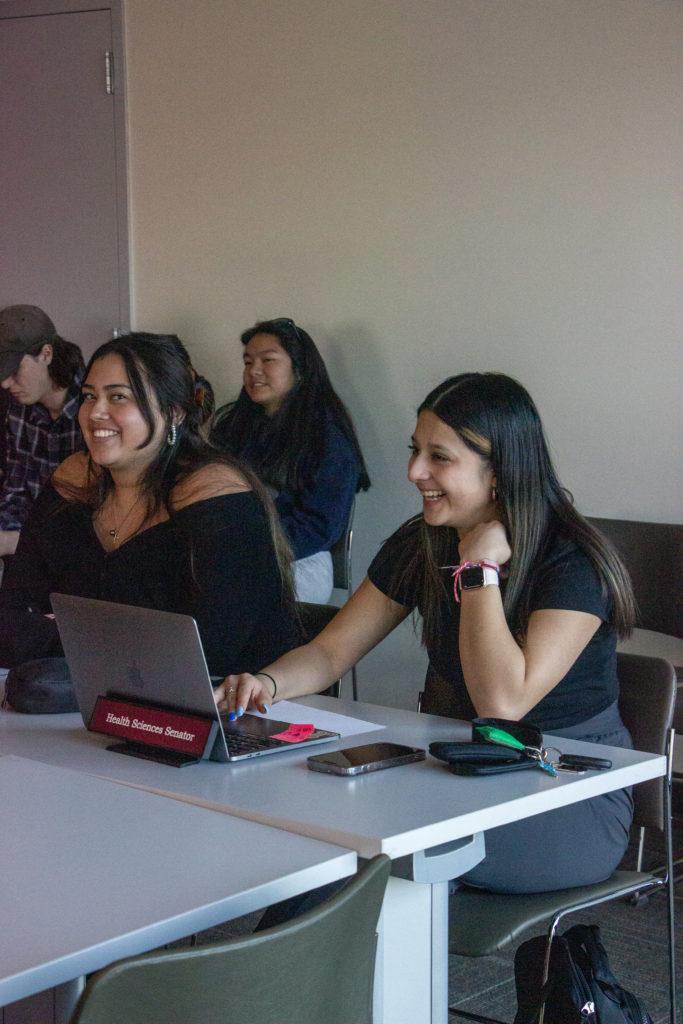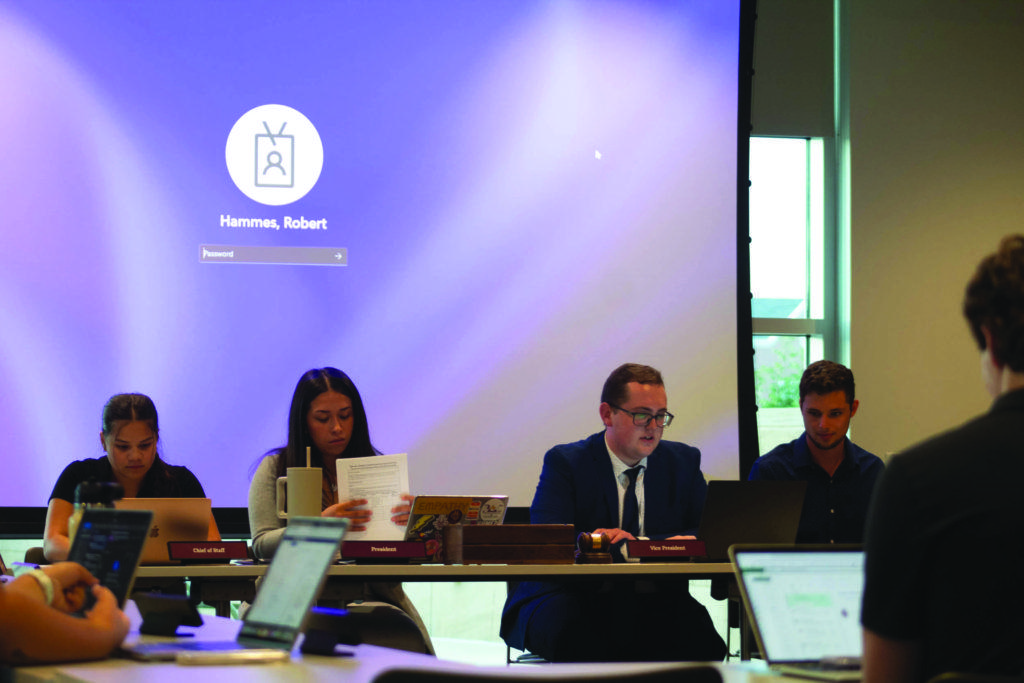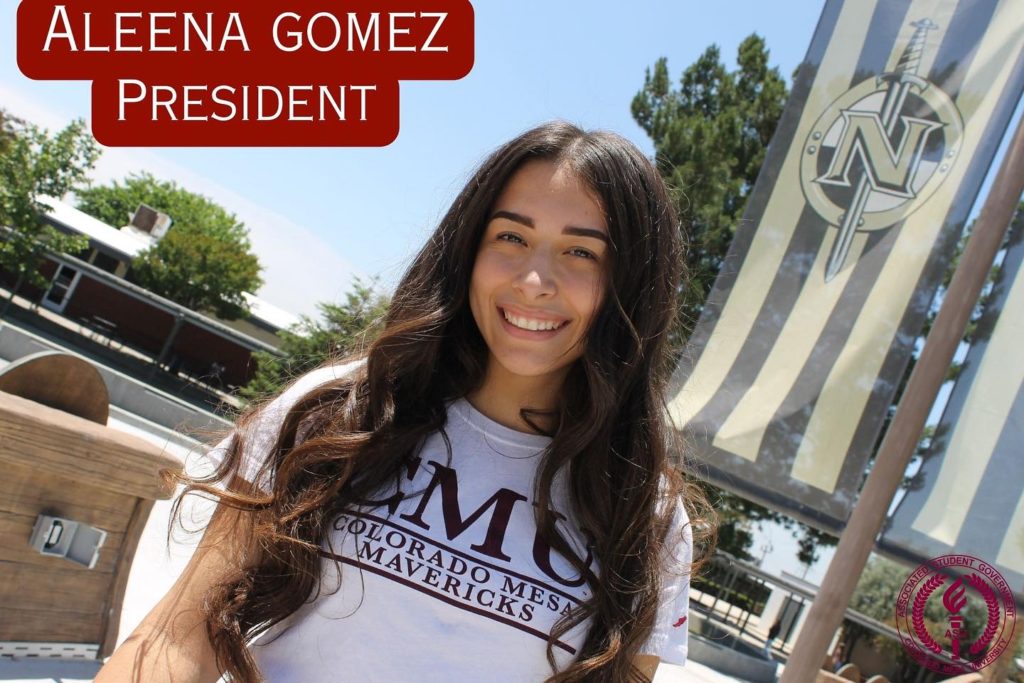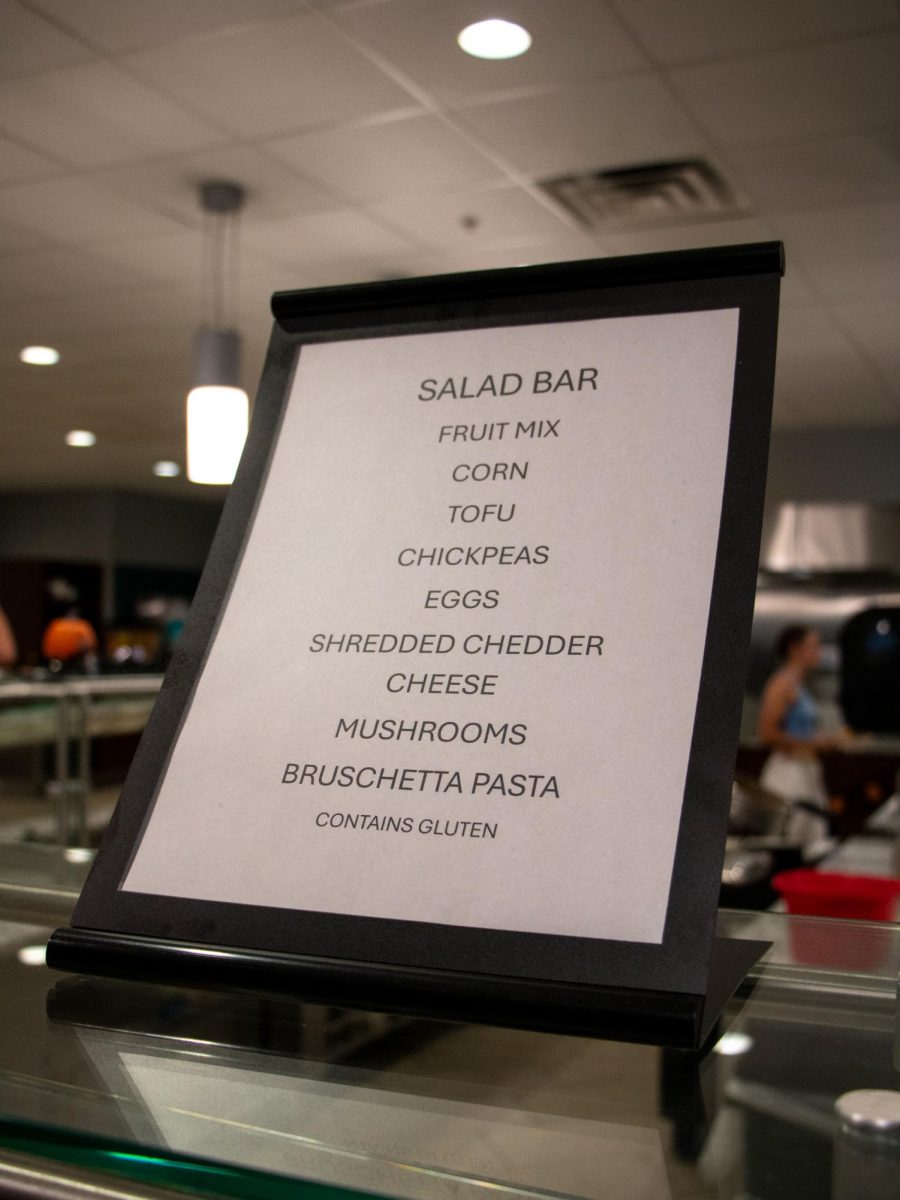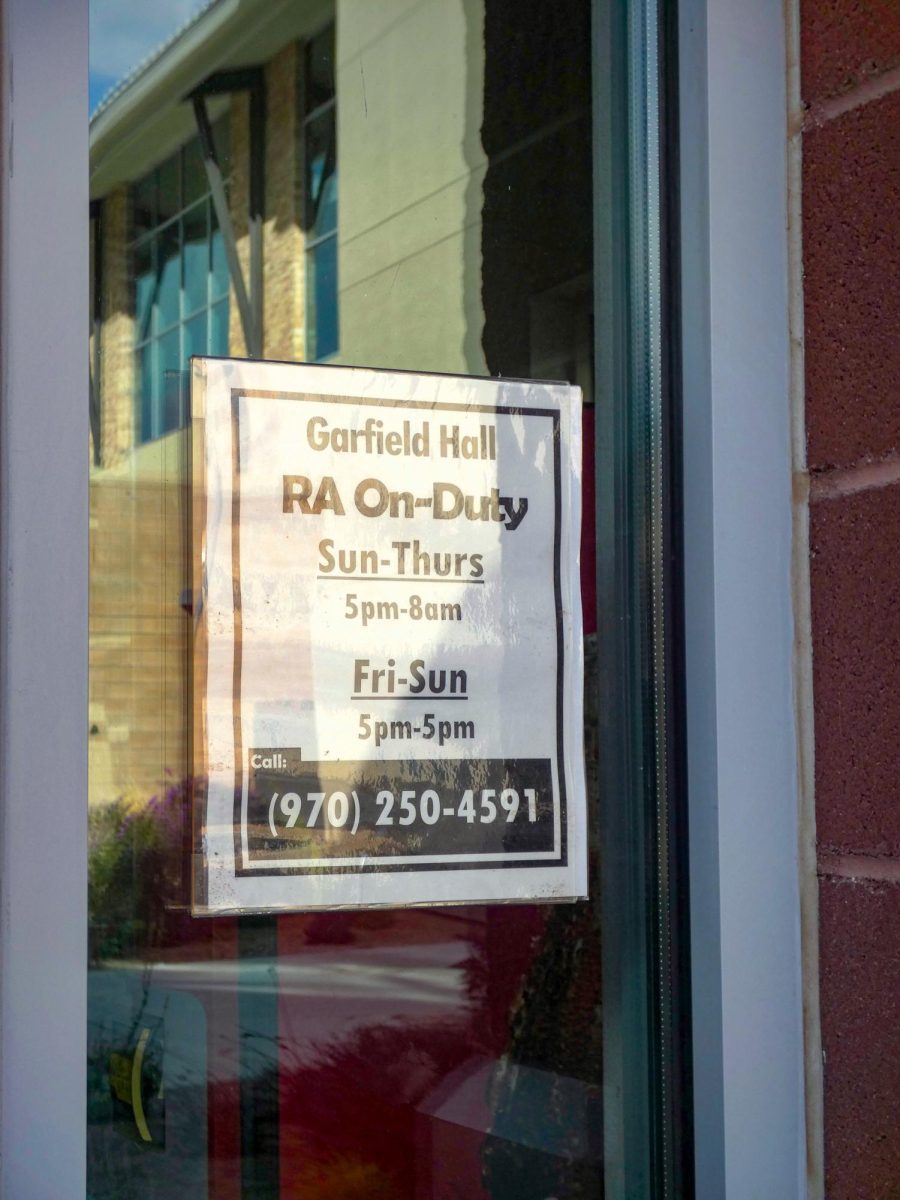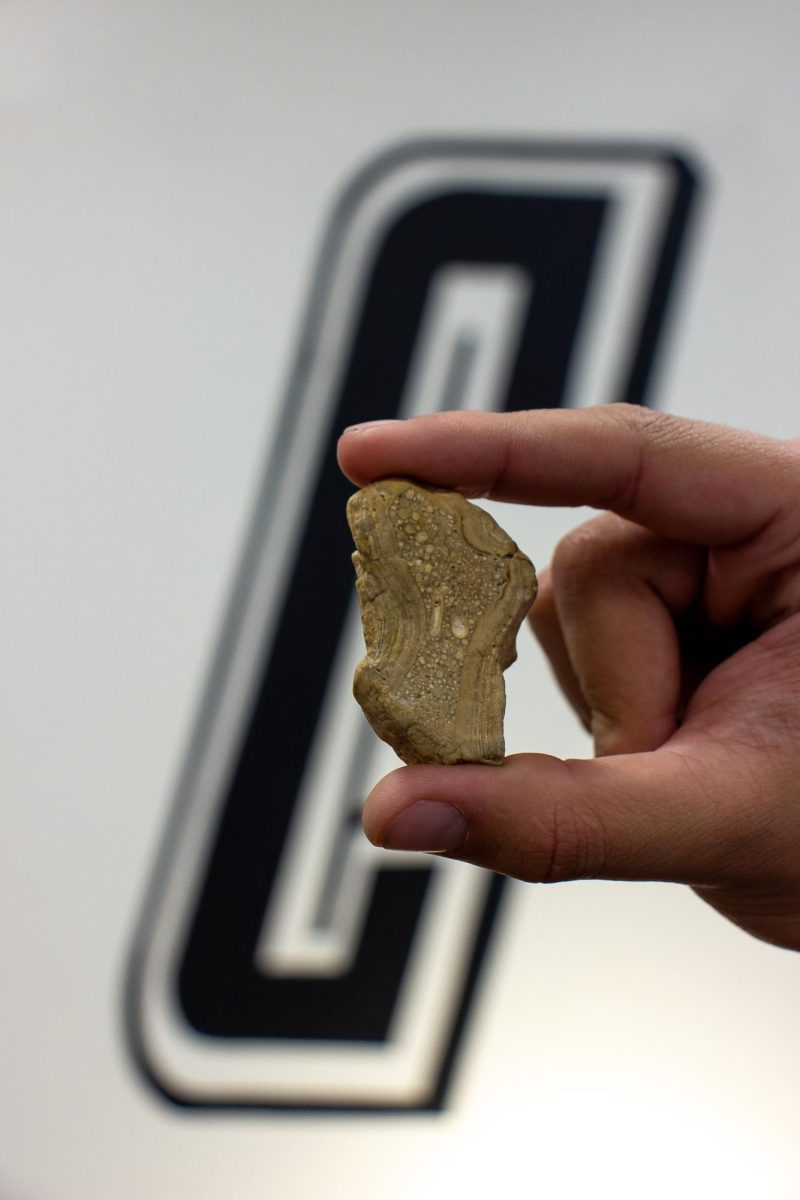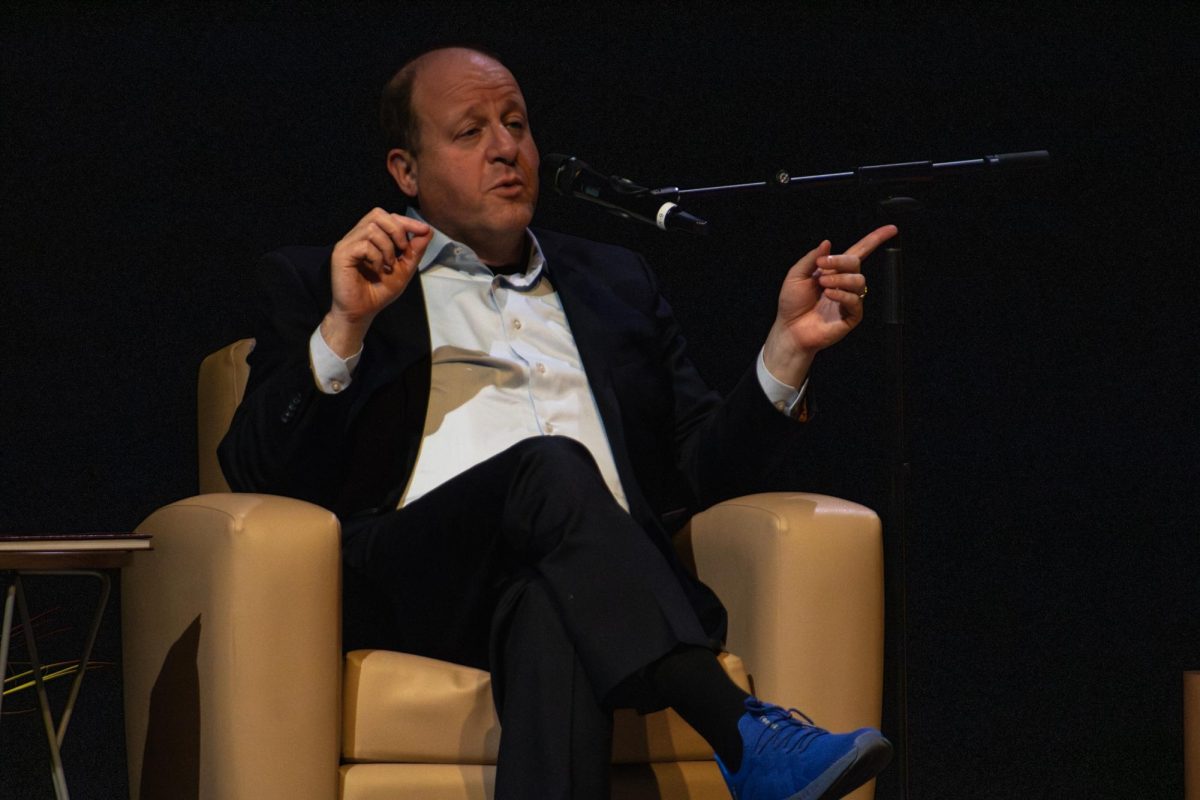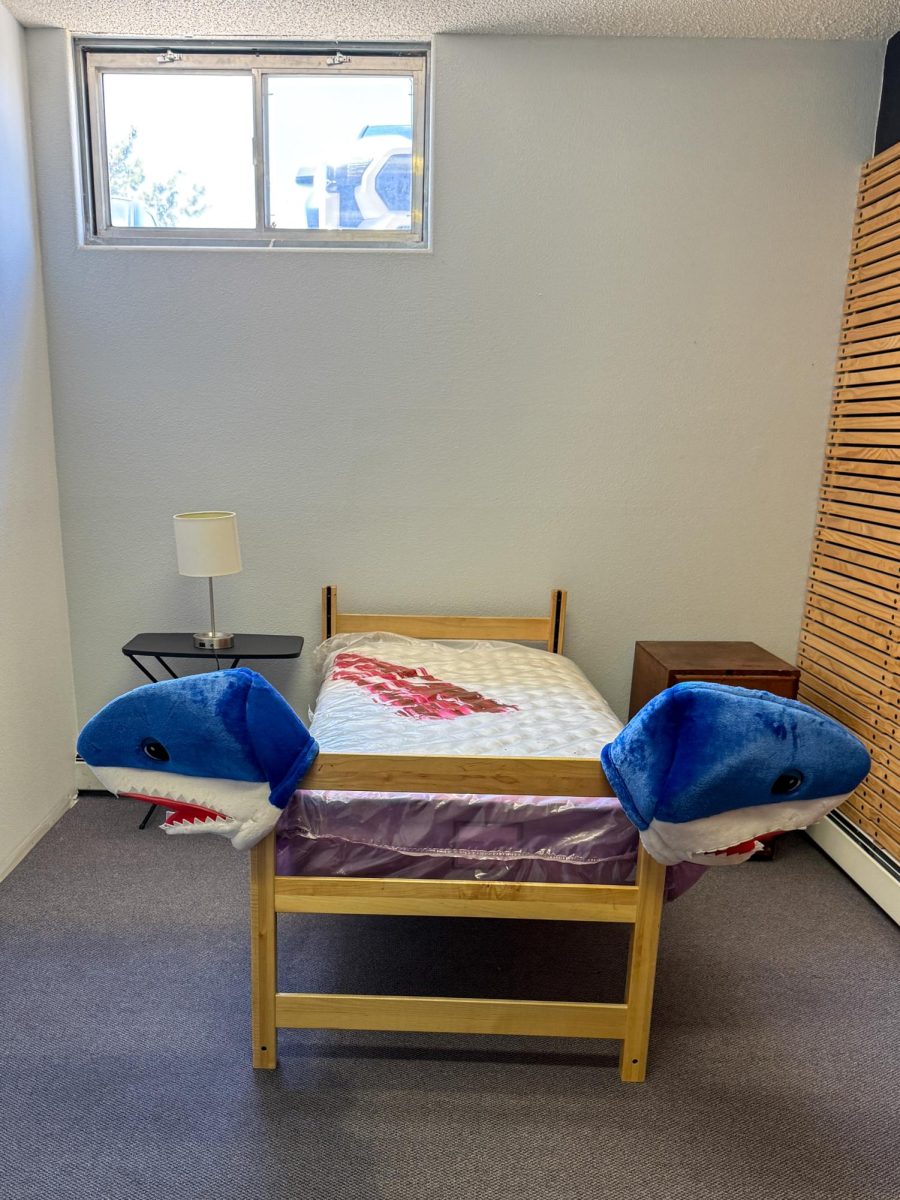With election season approaching, it is time for Colorado Mesa University students looking to become more involved on campus to start planning. Those interested in running for one of the Associated Student Government (ASG) seats need to fill out the election intent form by March 9.
Elections take place April 11-13.
ASG President Ben Linzey anticipates the executives will play a larger role in the elections than in previous years.
“All the executives except for one are graduating, so we can actually have our hands in the pot with elections,” Linzey said. “I think that’s going to result in a much stronger effort from us to try and get candidates.”
Though it is not yet determined, there has been a discussion of setting up information tables throughout the next few weeks. The tables will potentially serve as an opportunity for students to stop by and find out more about what ASG involvement means, how the election process works and how to run.
“I feel like if people understood the position a little bit more, or they actually ran, we might have less people drop off,” ASG Vice President Gabby Gile said.
The number of senate seats available for contention differs by department and are allocated based off the census.
[media-credit id=50 align=”alignright” width=”3000″] [/media-credit]
[/media-credit]
“They’re tiered based on how many people are in that major so if you are in a particularly large major, there’s more seats for you to run against,” Gile said. “If it’s a little smaller, there’s less seats, but it’s only what’s fair in proportion to how many students there are in your department.”
Once students looking to get more involved on campus submit their intent form, they are provided some time to prepare for their campaign.
“Spring break gives them to kind of plan,” Gile said. “Then they come back using three whole weeks where they can do stuff on campus and then that following week is when elections are.”
In an effort to increase voter turnout, an additional election day has been scheduled this year. Previously, there were two election days.
“We’ve talked about maybe having polling stations in different buildings each day,” Linzey said. “Maybe even working with poli-sci students or just a club on campus that might be able to run those polls so it’s not just ASG’ers.”
Though most of the current senate seats are filled with senators who have been appointed or ran unopposed campaigns, students looking to run for the first time this year may not find it as easy to become senators.
“We have a pretty young senate, so I imagine a lot of the senators are going to run for their seats again,” Linzey said.
Having won an opposed campaign, Linzey and Gile recommend spending time attending club meetings, as well as getting to know students around campus.
“I think facetime is almost one of the most important things. Maybe even more so than social media,” Gile said.
“It’s definitely cool. You meet a bunch of people,” Linzey said. “That’s one of the most valuable aspects of running.”
Linzey and Gile both stated that though campaigning can be a challenge, it is also fun and an opportunity to make new and lasting connections.
“Please run,” Gile said. “Get involved.”



